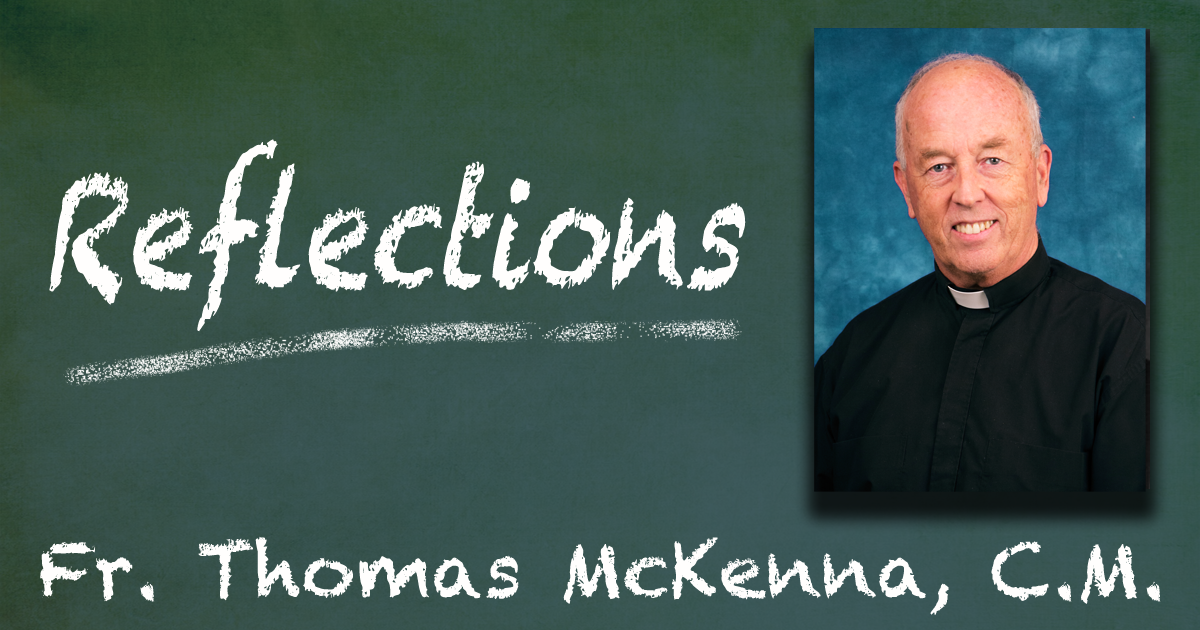I remember talking to a man who was leaving a good position in his company after over 30 years on the job. He didn’t want to, but he said it wasn’t the same company he had come to those three decades ago. He lamented that it had lost its lights and heart, particularly its long-time benevolent attitude to its employees. Back then, you could count on its higher ups being on your side and wanting you to flourish in the business. No longer. Nothing was for certain, you never knew where you stood. In his words, he thought the company had lost its character.

Interesting word, character. It referred to a certain stable something at the heart of the organization, a sturdy core you sensed was always there, an interior firmness and steadiness in its DNA that you could rely on in season and out. In the last analysis his satisfaction didn’t depend on salary or opportunity but on the character of the organization. Once that certain solidity started to melt, everything changed. You couldn’t depend on it
The idea comes to me because of a very strong line I read in one Elizabeth Johnson’s books. After analysis of some of the ins and outs of relating to God in Jesus, she concluded: “It all depends on the character of God.” When all is said and done, can God be trusted? And especially in times of trial, is God really faithful? Is our God a dependably saving God?
When seen against his recurrent theme of “the rejected prophet,” Luke’s portrayal of Jesus revolves around this very question. Over and over again, the ever faithful God comes through on His promises by sending emissaries who bear His light and care, the prophets. But in generation after generation, the people turned them a deaf ear. How much longer can this faithfulness be tested? Will God send the prophet whose words and life will finally get through?
And of course, that’s precisely who Jesus is as he arrives on the scene – the prophet foretold by the prophets, the making-good on God’s word that indeed He will save and comfort and lift up. This is a main thread running through Luke’s narrative the backstory behind all this healing of the sick, and releasing of prisoners.
It’s God once again coming through on his promises that God would be with God’s people, that Yahweh is dependable over and over and over.
Like the prophets before him, Jesus suffers rejection. And with his ultimate rebuff, the question arises: is God’s limit reached or will God be Faithful even beyond this? Will The Father’s resolve to keep his promises stay steady even though it seems the last great hope has been snuffed out?
Resurrection says that in spite of all rejection and the ultimate setback of death, God is dependable. It proclaims that God breaks through the impenetrable shell of such hard heartedness. In Johnson’s words, “The crucified one is not annihilated but brought to new life in the embrace of God, who remains faithful in surprising ways.” (Abounding in Kindness, p. 170)
This is the character of God, the central strand of God’s moral fiber, the solid core of who God is. And you can rely on that no matter what the calamities. It’s the non-shakable disposition of our God on our behalf.
“It all depends on the integrity of God.” All our faith and prayer and Vincentian practice – and especially our hope – anchors itself in the bedrock of this steadiness and stands on this unwavering character of our God.







Fr. Tom McKenna, C.M.
It has been some time, since I have seen you. I believe that you are in Philadelphia now. It would be fun to get together. Please give me a call at 215-464-1319.
George Whelan
Thank you very much!